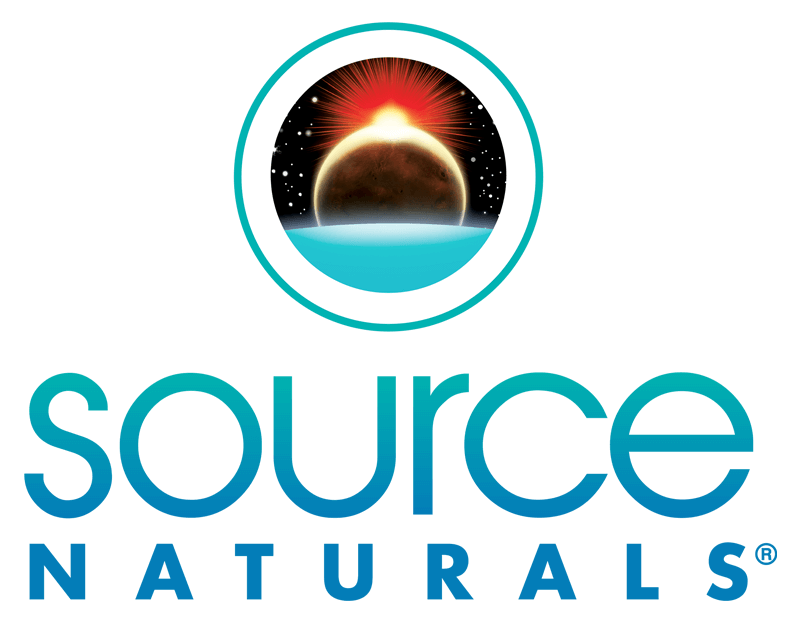Taurine is a sulfur-containing amino acid that is naturally synthesized in the human body and is found abundantly in various tissues, including the brain, heart, and skeletal muscles. While it is not classified as an essential amino acid, taurine has been the subject of extensive research due to its potential health benefits and its role in various physiological processes. This report aims to provide a detailed review of recent research on taurine supplements and present the findings regarding their efficacy.
Taurine and its Functions
Taurine plays a crucial role in maintaining several physiological functions. It acts as an osmolyte, aiding in cell volume regulation and osmoregulation. It also serves as an antioxidant, protecting cells from oxidative stress and promoting overall cellular health. Moreover, taurine is involved in neurotransmission, cardiovascular function, bile acid conjugation, and the modulation of calcium signaling, among other processes.
Research on Taurine Supplementation
3.1. Cardiovascular Health
Several studies have investigated the potential benefits of taurine supplementation on cardiovascular health. Taurine has been shown to possess anti-inflammatory properties, reduce blood pressure, improve lipid profiles, and enhance endothelial function. These effects contribute to a decreased risk of cardiovascular diseases such as hypertension and atherosclerosis.
3.2. Exercise Performance and Muscle Function
Taurine supplementation has garnered significant interest in the sports and fitness community due to its potential effects on exercise performance and muscle function. Research suggests that taurine can enhance endurance, reduce muscle damage, and improve recovery following intense physical activity. Taurine’s ability to regulate calcium levels in muscle cells is thought to contribute to these benefits.
3.3. Neurological Disorders
Emerging evidence suggests that taurine may have neuroprotective effects and could be beneficial in the management of neurological disorders. Animal studies have shown that taurine supplementation can improve cognitive function, protect against neurodegenerative diseases, and enhance synaptic plasticity. However, further research, particularly in human subjects, is needed to establish the clinical efficacy of taurine in these contexts.
Results and Key Findings
4.1. Cardiovascular Health
Studies examining the effects of taurine supplementation on cardiovascular health have reported promising results. Taurine supplementation has been associated with significant reductions in blood pressure, improvements in lipid profiles, and enhanced endothelial function. These findings suggest that taurine may have a positive impact on cardiovascular risk factors.
4.2. Exercise Performance and Muscle Function
Research investigating the effects of taurine on exercise performance has shown mixed results. Some studies have reported improvements in endurance capacity, reduced muscle damage markers, and enhanced recovery. However, other studies have found no significant effects on exercise performance parameters. Additional research is needed to clarify the potential benefits of taurine in this context.
4.3. Neurological Disorders
While animal studies have demonstrated the neuroprotective effects of taurine, human clinical trials are limited. Preliminary evidence suggests that taurine supplementation may have potential in improving cognitive function and protecting against neurodegenerative diseases. However, larger-scale human trials are required to validate these findings.
Safety and Considerations
While taurine supplementation is generally considered safe for most individuals, there are a few medical conditions in which caution should be exercised or medical advice sought before starting taurine supplementation. These conditions include:
Bipolar disorder: Taurine supplementation may potentially interfere with certain medications used to manage bipolar disorder, such as lithium. It is important for individuals with bipolar disorder to consult with their healthcare provider before considering taurine supplementation.
Epilepsy: Taurine can have modulatory effects on neurotransmitters and neuronal excitability. Therefore, individuals with epilepsy or seizure disorders should exercise caution when considering taurine supplementation. It is recommended to consult with a healthcare professional before initiating supplementation.
Hypotension: Taurine has been reported to lower blood pressure. Individuals with hypotension (low blood pressure) should be cautious when considering taurine supplementation, as it may further lower blood pressure levels. Monitoring blood pressure levels and consulting with a healthcare provider is advisable.
Pregnancy and breastfeeding: Limited information is available regarding the safety of taurine supplementation during pregnancy and breastfeeding. Therefore, it is recommended that pregnant or breastfeeding women consult with their healthcare provider before considering taurine supplementation.
Kidney disease: Taurine is primarily eliminated from the body through the kidneys. In individuals with kidney disease or impaired kidney function, taurine supplementation may need to be monitored or adjusted. It is essential to consult with a healthcare professional to determine the appropriate dosage and to ensure that taurine supplementation is safe in these cases.
It is important to note that the potential negative effects of taurine supplementation in these medical conditions are based on limited evidence or theoretical concerns. Consultation with a healthcare professional or medical expert is crucial to assess individual circumstances and determine the suitability of taurine supplementation.
Primary Dietary Sources of Taurine
Animal-Based Foods: Taurine is particularly abundant in animal-derived foods, especially seafood and meat products. Fish such as salmon, mackerel, and shellfish like shrimp and scallops are considered rich sources of taurine. Similarly, meats like beef, pork, and poultry contain varying amounts of taurine.
Dairy Products: Taurine is also found in dairy products, although in relatively smaller amounts compared to seafood and meat. Milk and dairy products like cheese and yogurt contain some taurine. However, the taurine content may vary depending on factors such as animal species, breed, and diet.
Eggs: Eggs, particularly the yolks, contain taurine. Including eggs in your diet can contribute to taurine intake, although the amount may be relatively lower compared to seafood and meat sources.
Energy Drinks and Supplements: Some energy drinks and dietary supplements specifically marketed for their taurine content can provide additional taurine. However, it is important to note that relying solely on these products for taurine intake is not recommended, as a balanced diet is preferable.
Taurine is not found in significant quantities in plant-based foods. Therefore, individuals following strict vegetarian or vegan diets may have lower taurine intake. In such cases, it may be advisable to consult a healthcare professional to ensure adequate taurine levels and discuss potential supplementation options if necessary. Incorporating a variety of animal-based foods into your diet, including seafood, meats, dairy products, and eggs, can help ensure a sufficient intake of dietary taurine.
In conclusion, taurine supplementation shows promise in various aspects of health, but further research is needed to fully understand its benefits and establish appropriate dosages. Individualized medical advice is recommended before starting taurine supplementation, taking into consideration specific health conditions and overall dietary intake. By approaching taurine supplementation with caution and considering personalized recommendations, individuals can make informed decisions about incorporating it into their wellness routines.


















